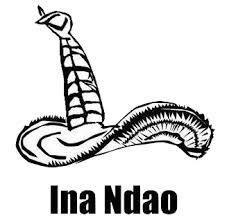Sarung Bajawa
The horse motif on woven cloth from Bajawa, especially those found in Bena Village, Ngada Regency, East Nusa Tenggara, contains deep philosophical meaning and reflects various aspects of local community life. In the context of Bajawa culture, the horse (jara) symbolizes strength, might, pride and courage, while also implying the personal charm of the wearer. This motif is also a symbol of social status, especially when worn in the form of traditional clothing such as lawo and broom lu'e, which are generally worn by nobles or the upper class. Apart from being a symbol of honor, horses are seen as a symbol of hard work because of their vital role in everyday life, both as a means of transportation and in carrying out traditional ceremonies. In the spiritual and mythological dimensions, horses are believed to be closely related to ancestors; In some areas of NTT, horses are even considered a vehicle for spirits to the afterlife or as protective spiritual beings. Together with other geometric motifs, the horse motif can also be interpreted as a symbol of the journey and waves of life that humans go through (Astin Soekanto, 2025).
See More| Motif Type | Horse |
| Material | Cotton |
| Types of Dyes | Synthesis |
| Size | 276 cm x 69 cm |
| Stock | 5 |


